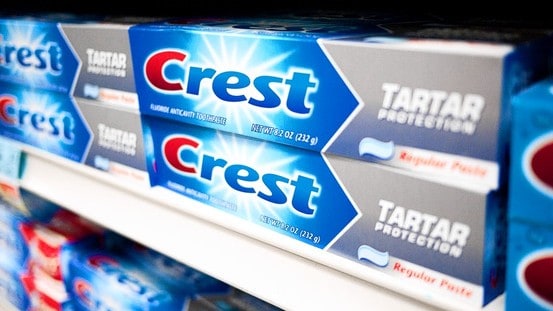
According to a story in The Wall Street Journal, Raymond Stauffer was shopping at a New Jersey mall when he noticed something peculiar about the bow ties on display at Brooks Brothers: They were labeled with old patent numbers.
Stauffer also happens to be a patent lawyer. He sued Brooks Brothers Inc. in federal court, claiming it broke the law by marking its adjustable bow ties with patents that expired in the 1950s.
A federal appellate court ruling on Tuesday breathed new life into his case by upholding his right to sue–and could pave the way for hundreds of similar suits against major companies to move forward. A separate ruling in December raised the stakes in such cases, potentially exposing product makers to huge liabilities.
Already, lawsuits claiming false patent markings have been brought against companies that make turkey pop-up timers, toilet plungers, fabric softener, flashlights, staplers, Frisbees, kites, telecommunications equipment, bubble gum and a toy called The Original Wooly Willy.
Defendants include companies such as Procter & Gamble, Bayer Healthcare LLC, Cisco Systems, Scientific-Atlanta, Merck & Co., Pfizer Inc., 3M Co., DirecTV, and Medtronic Inc.
Marking a tube of toothpaste or paper cup with a patent that is out of date or doesn’t exist has been against the law for years. It is considered anticompetitive. Until late last year, the most a violator had to worry about was paying a $500 penalty for misleading the public.
But in December, the Court of Appeals for the Federal Circuit in Washington ruled that defendants could be held responsible for up to $500 PER OFFENSE.
Lawyers for product manufacturers now fear clients are liable for up to $500 for every tube of mascara or box of garbage bags marked with an expired patent–an error that turns out to be quite common.
In recent months, would-be plaintiffs have been fanning out across retail stores and the Internet searching for expired patent numbers on everything from toothpaste to toilet plungers.
The law on false patent markings is similar to whistle-blower laws. Anyone can file a claim on behalf of the government, and plaintiffs must split any fine award evenly with it. The Justice Department has argued on the side of plaintiffs in some of the claims.
Photo by The Wall Street Journal.